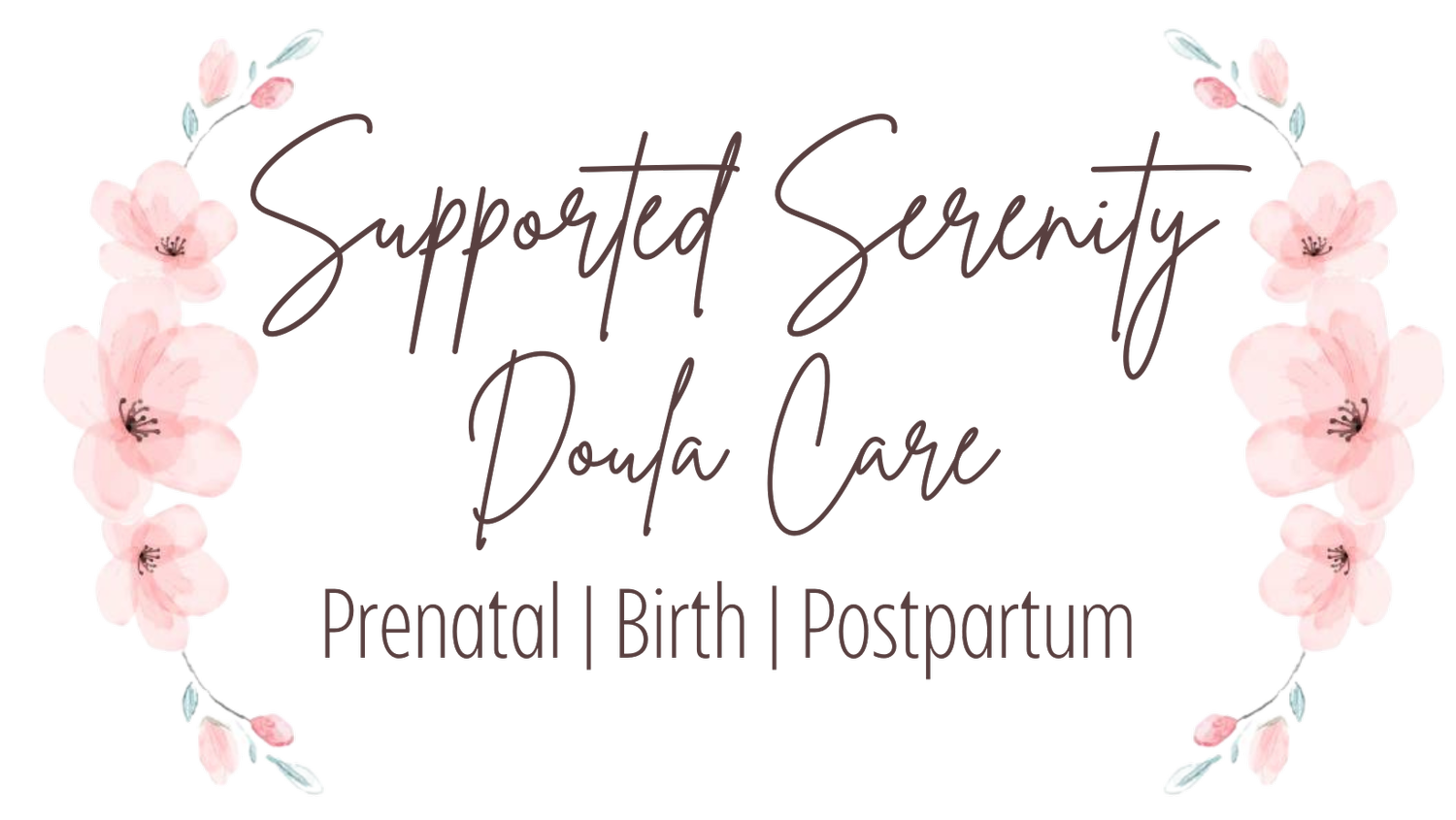What organ has the biggest impact on your labor?
I’ll give you a hint: its NOT your uterus (although it certainly is doing its fair share of work)
The organ that has the biggest impact in your labor experience is the one that can influence the way your emotions felt through words or movement, it can dim or heighten the information you process throughout your experience, it can send incredible signals to your baby that you are safe and the labor should continue to progress with oxytocin hormones working alongside of your body for a beautiful birthing experience. If you haven’t guessed it by now, the most powerful organ in your labor experience is your BRAIN.
Your brain sends signals to your body of all different emotions during your labor. Excitement, fear, relaxation, pain, tension, love, happiness etc… the list is truly unlimited which is why it is very important to begin thinking about the way you can train your brain into having a positive birth experience.
Preparing for your birth is very similar to preparing for an athletic event in some ways. As a runner, I find so many similarities between pregnancy, labor, and postpartum recovery in the physical and mental aspects. Often times, especially first time birthers, think “how can I prepare for this birth without knowing what it feels like?”
There are many things I think that really help folks prepare but here are three things you can do to help prepare your mind:
Take a comprehensive childbirth education course: this will give you and your partner the ability to decide what choices feel good for your labor experience. Comprehensive childbirth classes are incredible for helping you understand what you may feel or experience in the three stages of labor, what interventions are possible during pregnancy or labor and what are the benefits and risks, how your birth team (partner, doula, OB, midwife) can have a big impact on the labor. What choices do you have, do you have to agree with everything your provider says or can you have a voice? The best childbirth classes are taught outside of a hospital setting.
Take it from personal experience: “…my husband I took a Bradley Class and a hospital based class and I was SHOCKED to find out what information was NOT being shared with people in the hospital class regarding risks and benefits of different pain relief options and potential procedures on the baby. It was incredible how little people are being informed of in those classes.”Practice the art of mindfulness. Being calm in labor is an art, for most of the population it isn’t something that comes naturally. You need to train your brain to be calm, to focus on one thing at a time, and understand the power your brain holds in how it connects with the rest of your body. In order to avoid the pain-fear-tension cycle you need to learn and train your brain to stay undisturbed by the sensations of labor and melt into a state of relaxation and rest. The best way to do this is to train your mind for labor in the same way you would train for an athletic event, set a training plan and practice, practice, PRACTICE.
Mindfulness and calming your body and brain isn’t an easy thing to do, it takes consistency and dedication to get the hang of it. Most people 30 seconds in are thinking about what they are going to eat for dinner or a work project they need to complete. That is okay, the big factor is ensuring you continue to try centering your mind and the body will follow. This only needs to be 5 minutes of day of practice to start figuring it out.
Some great apps to help with this include Expectful, GentleBirth, Calm, and Headspace.The last thing that will help your brain be at ease during labor is ensuring everyone on the birth team knows what they need to know. You and your partner have had in depth conversations about your wishes, they know where to find the chapstick, deodorant, or snacks in the peak of labor when you desire those items immediately. You and your provider are on the same page knowing your birth preferences, you trust your provider completely (and if you don’t there is never a time that is “too late” to change providers). Lastly, you and your doula feel connected she understands your preferences for words vs touch, how you anticipate her to work with your team and support you in the labor space. When you can truly and utterly TRUST the people you are surrounding yourself with in your labor, the room will blossom with oxytocin and be a warm and welcoming space for your body to open and bring your baby into the world. Nothing is better than that.



